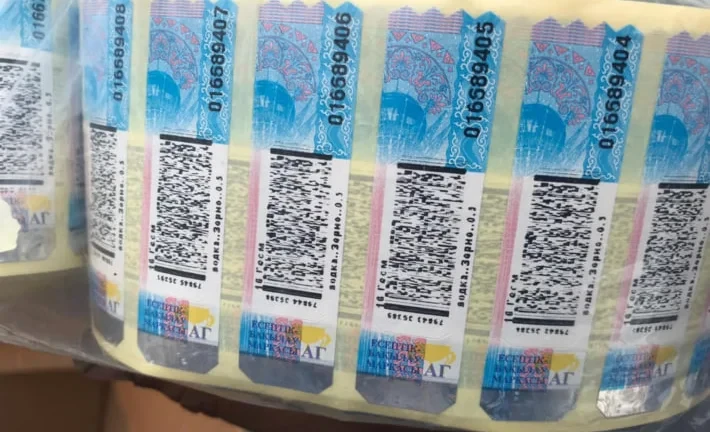The draft, titled "On Amendments to the Cabinet of Ministers of the KR Resolution 'On Measures for the Implementation of Article 307 of the Tax Code of the KR'," concerns the application of a "risk-oriented" system for calculating the tax base for VAT on imported goods from EAEU countries that exhibit risk characteristics, in accordance with Article 307 of the Tax Code. The Ministry of Economy aims to revise the rules for determining the "risk base" for VAT on imports from the EAEU.
The amendments have been developed in accordance with the KR law dated February 12, 2025, No. 37, which introduces changes to several legislative acts related to taxation.
Main Changes in the Draft
1) Correction in paragraph 2 of the basic Resolution No. 60
It is proposed to change the text from "Ministry of Finance" to "Cabinet of Ministers".
2) Change in the procedure for determining and using the VAT tax base for goods from the EAEU with risk characteristics
A new category "large taxpayer" is introduced: this is a subject included in the list of large taxpayers by the decision of the authorized tax authority based on approved criteria and procedures.
The formula for calculating the "risk base" for VAT is changed:
The VAT tax base with risk characteristics will be calculated based on the arithmetic mean price (Sц) for the commodity position, reduced by 30%:
TB = Sц − (Sц × 30%).
The process for calculating the average price (СУР) is specified:
- The average price for goods imported from EAEU countries will be determined by the risk management system based on data from the tax service for the last 9 reporting months. The sources of information include:
- declarations for the import of goods and payment of indirect taxes;
- electronic invoices from foreign economic activity participants;
- customs declarations.
If there is no data on the imports of a large taxpayer, the average price will be calculated based on data from all importers. There is also a provision to request information from the statistical authority, which must provide data within 10 working days.
The list of goods with a "risk base" will be updated quarterly, and changes will be made monthly based on applications and requests from taxpayers, business associations, and government agencies. The procedure for forming and adjusting the list will be determined by the authorized tax authority.
It is proposed to exclude paragraph 10 of the procedure.
New Rules for Price Confirmation and Requests to the Exporting Country
The draft additionally introduces new provisions (paragraphs 19–22) into the Procedure, which create a separate regime for large taxpayers and describe the price confirmation process:
- If the importer or manufacturer is a large taxpayer, VAT will be calculated based on the price of the documents confirming the justification of the cost, without applying the "risk base";
- The tax authority will be able to send a request to the competent tax authority of the exporting country to confirm the information;
- If confirmation is not received within 90 days, the tax authority will be able to reassess VAT based on the "risk base" with penalties (from the date of import) according to tax legislation;
- If the importer/manufacturer disagrees with the established "risk base," they can submit a request for the application of the transaction price, and the tax authority will re-request information from the exporter;
- If confirmation is received within 90 days, the difference will be considered an overpayment, and the confirmation will serve as the basis for applying the contract price for the next 6 months according to the relevant HS code.
Transitional Provisions and Instructions
The draft also states that the current list of goods for which a "risk base" for VAT has already been established will remain in effect until the updated paragraph 9 of the procedure comes into force.
The State Tax Service under the Cabinet of Ministers of the KR is proposed to take measures to implement the resolution, while the control over its execution will be assigned to the relevant department of the President's Administration. It is planned that the changes will come into force from the moment of official publication, while some provisions of the draft (specified in the text) will start to take effect from September 8, 2025.






